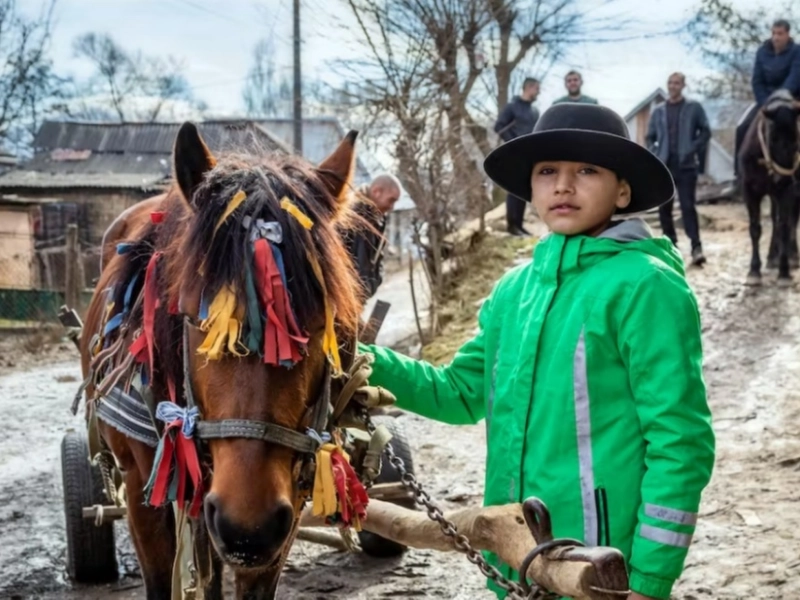
The Importance of Sons in Gypsy Families
In many Gypsy families, having a son is considered essential for continuing the family lineage and carrying on cultural traditions. The significance placed on having a male heir often leads parents to take proactive measures if they do not have a biological son after a certain period.
In such cases, it is common for parents to adopt a boy from an orphanage. This practice reflects the deep-rooted belief that a son is crucial for maintaining family honor and ensuring the continuation of their heritage. The adopted child may come from various backgrounds and can appear to be of any nationality, highlighting the inclusive nature of this practice.
The decision to adopt is often driven by the desire to fulfill familial expectations and societal norms. Parents may feel an overwhelming responsibility to provide for the next generation, and adopting a boy allows them to meet this expectation while also offering a child in need a loving home.
This approach to family dynamics emphasizes the importance of male children within Gypsy culture, but it also opens up discussions about the evolving roles of gender and family structures. As societal views change and the understanding of family expands, some Gypsy communities are beginning to explore different perspectives on parenthood and the value of all children, regardless of gender.
Ultimately, the practice of adopting a son underscores the complexities of family life in Gypsy culture and reflects broader themes of love, responsibility, and the desire to preserve cultural identity.